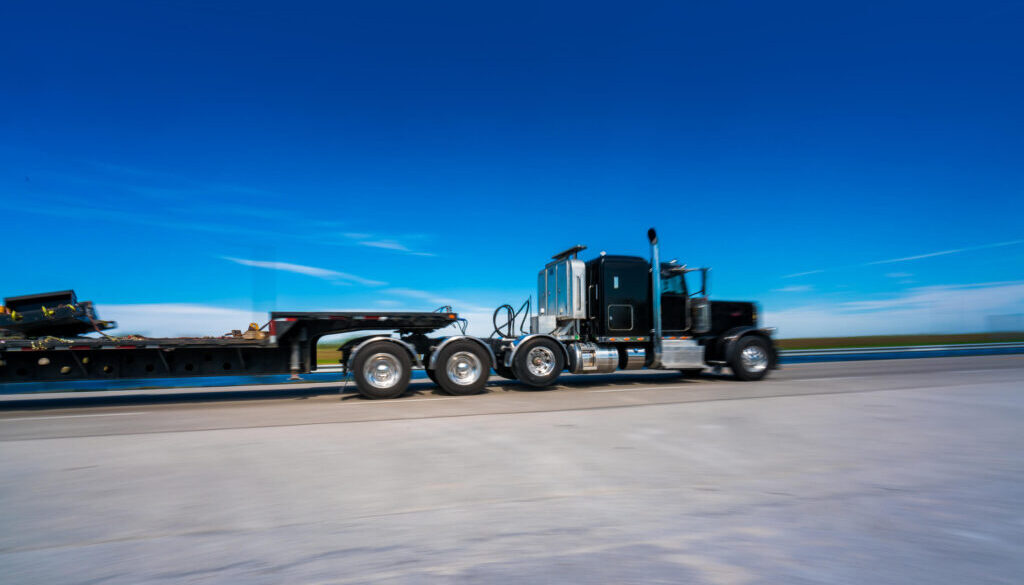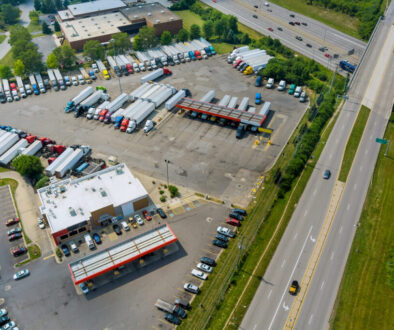Oregon State Bill Plans to Outlaw Diesel Sales
You might remember a few years back a viral story about how Oregon changed its laws on self-service gas stations, making it so that counties with fewer than 40,000 residents were not legally required to have attendants.
Oregonians were not pleased. Some said that removing the entry-level jobs would make it harder for teenagers to find summer jobs, while others were worried they would get the smell of gasoline on their clothes. Comments of the latter nature were the laughing stock of the internet.
Now, a potential law of similar absurdity is entering the state’s legislature. Should it pass, truckers driving diesel-powered trucks will have to plan ahead before driving into Oregon, as the bill enacts a plan to ban all sales of diesel by 2028.
Bill Details
The bill, introduced by Representative Karin Power of Milwaukie on March 2nd, would roll out in four phases if enacted into law:
January 1st, 2024: Ban of non-retail sales in Clackamas, Washington, and Multnomah counties. While service stations and other refueling centers would be allowed to sell diesel in these counties, they would be unable to purchase more to replenish their stock and would cease selling as soon as they are drained of their diesel reserves. The three most populous counties in Oregon, this first phase would cover a landscape home to around 1.6 million people, about 37% of all citizens of Oregon.
January 1st, 2025: Ban of all retail sales in Clackamas, Washington, and Multnomah counties. Any stations in these counties that still have diesel inventory by the end of 2024 will have to sell it to other counties or out of state, as all diesel-related transactions within county lines are banned. Truckers traveling through may want to consider carrying a few gallons of emergency fuel in their truck.
January 1st, 2027: Ban of non-retail sales in all of Oregon. Similar to phase one, but applies to all 36 counties, the landscape of over 4.2 million people.
January 1st, 2028: Ban of retail sales in all of Oregon.
The law would only apply directly to petroleum diesel, so a trucker down on his or her luck may just find solace in purchasing renewable diesel, made from animal fats and vegetable oils.
The Debate
The bill is intended to reduce harmful pollutant emissions within the Beaver State.
While primarily a blue state, Oregon is not without conservative representation, and as such the bill is not without its detractors.
“I’m not sure where to begin with this bill,” said Shelly Boshart Davis, a Republican representing parts of both Linn and Benton counties. “Our entire economy depends on the free flow of freight by both truck and rail, nearly all of which is powered by diesel engines. There is simply no commercially available, cost-effective alternative to transporting these goods.
Of course, the impacts of this bill go well beyond just trucking and freight and would destroy any and every industry that relies on heavy equipment, render tens-of-thousands of personal vehicles inoperable, and put countless Oregonians out of work.”
The opposition also exists outside of the state capitol. The Oregon Trucking Associations is not entirely against the idea but says that renewable diesel has to prove itself fully before becoming a suitable replacement for the much more common petroleum diesel, a problem that has only been exacerbated by the lack of generating the organic waste used to create biodiesel, which is the scraps leftover from restaurants such as discarded vegetable oil.
The lower supply of restaurant waste is from a lowered attendance of eateries across Oregon, thanks to our friend COVID-19.
Conclusion
As with the United States Congress, most state legislatures are designed to be arduous and meticulous in operation, making sure only the best bills become law. Because of this, we believe that this bill will not become law and truckers will be able to wait a while longer before switching to other fuel sources such as natural gas or biodiesel.
Were the law to pass, it may go through the same process as California AB-5. Those against it may sue, arguing that it violates the Federal Aviation Administration Authorization Act (FAAA) of 1994 and that it is Congress’ job, not the states’, to manage interstate commerce. Then Congress may try to pass a national version of the law, making it so the FAAA is not in violation.
This is all conjecture about what might happen in the future, of course, but history tends to repeat, so that is where we are putting our prediction.
Need Funding?
Because of our specialized approach and primary focus on the commercial trucking industry, we can provide you with the capital needed for your commercial trucks or trailer regardless of your credit score.
If you’re interested in learning more about Go Capital’s commercial truck funding process and requirements, please call (855) 396-3600 or click the “Get Started” button below and a funding specialist will contact you ASAP!
Unfortunately at this time we are not funding startups.
-
Used semi-trucks and trailers (No mileage restrictions)
-
Fund up to $25k
-
Low down payments
-
1+ year time in business
-
500+ FICO score
-
Additional credit requirements apply





